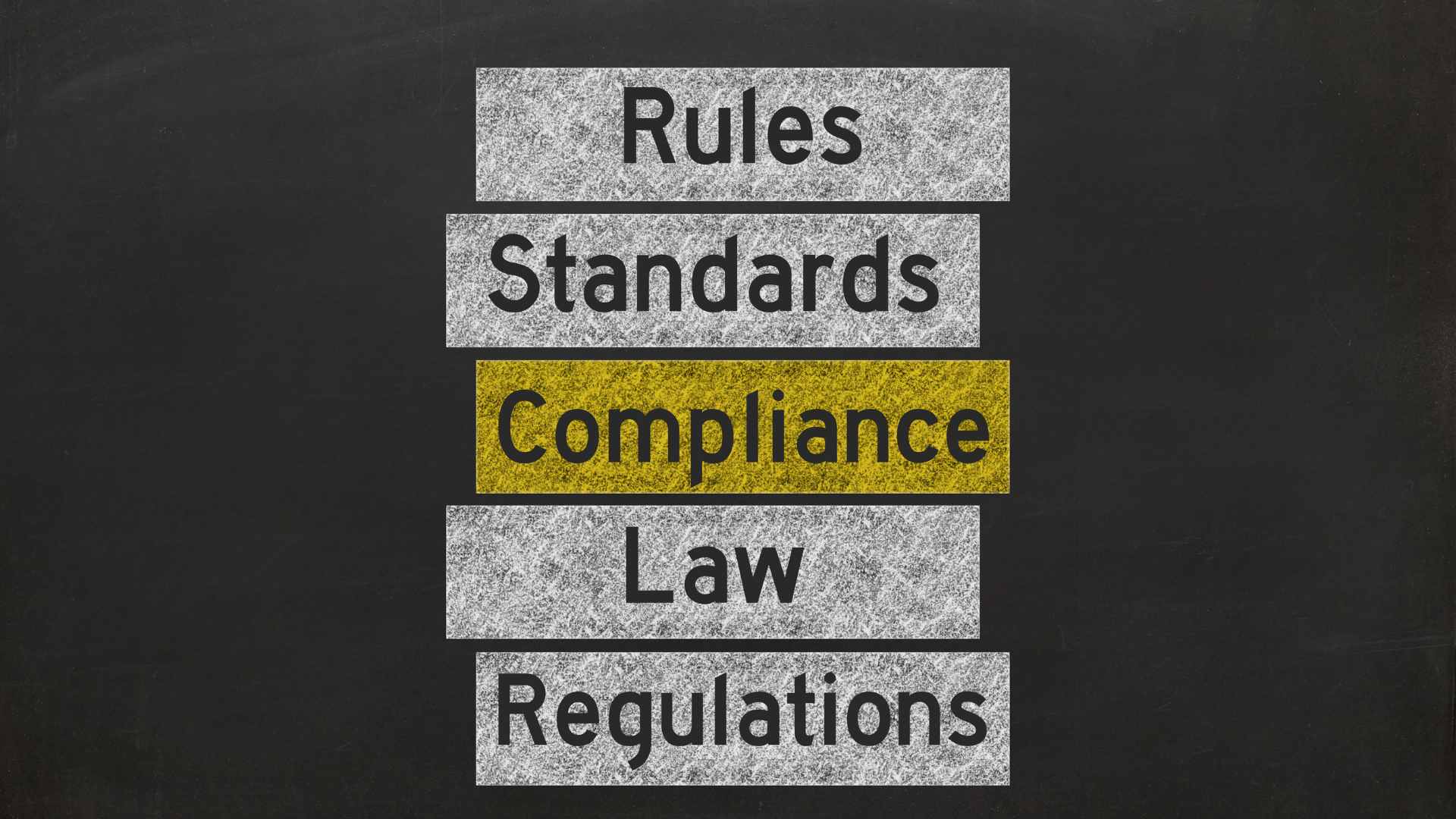VIEW BY TOPIC
- Finding Customers
- Business Systems
- Managing Employees
- Leadership
- Managing Money
Related Posts

Ready to Grow Your Business Fast?
Here’s How I Grew Five Businesses, and Eventually Sold One to a Fortune 500 Company.

Business leaders often say that employee retention is a top priority. However, data shows that only about 20% actually maintain focus on it long-term. Between putting out fires and keeping daily operations running smoothly, talent retention frequently gets pushed down the priority list. Yet, retention matters immensely.
The truth is – no business thrives without top talent on its team. As such, taking a hands-off approach to nurturing talent is going to be extremely detrimental to a company over the long run.
For CEOs and aspiring leaders, the key message is this: Retention begins with you. Rather than ghosting their teams, leaders need to find ways to engage and retain top talent if they want their organizations to remain competitive.
In this post, we’ll explore a few key ways CEOs can focus their attention on retention, even with packed agendas. From compensation to culture, small shifts from the top make a big difference.
Show Employees the Money

Let’s start with the basics – fair pay. Employees have bills to pay too! Making sure compensation is competitive and aligned to contributions is key. If an employee feels they are not being compensated fairly, it can quickly lead to resentment, lowered engagement, and ultimately turnover.
One important step is to conduct a regular pay equity audit. Analyze compensation relative to experience level, responsibilities, and performance. Review industry and local salary benchmarks to identify any gaps or inconsistencies. Pay equity audits help ensure compensation stays current and fair.
Another key factor to keep in mind is that the cost of living changes over time, and salaries need to reflect that. If budgets are tight, consider other perks like more PTO or flexible schedules to compensate. Bonuses or incentives tied to team or individual goals also demonstrate value. Recognizing top performers financially shows them their efforts lead to tangible rewards. Even small bonuses or extras for achieving goals can mean a lot.
And have open conversations about pay philosophy and strategy. Transparency is key when it comes to showing your employees you respect them. When leadership explains the reasoning behind pay structures, it builds trust.
Lead with Loyalty for Retention
Leading by example is essential for loyalty. Encourage people to disconnect on vacation by doing so yourself first. Shut off and focus on your own family time. Don’t just tell people to recharge—show them how it’s done.
Vulnerability and honesty from the top give others permission to take care of themselves too. Open up about your own challenges balancing work and personal life. You’re human too. Then take concrete steps to model self-care and resilience. Unplug from email, exercise, set limits—top performers need role models. You can’t pour from an empty cup.
Making loyalty a habit starts with walking the walk. Don’t just talk about work-life balance, actively demonstrate it through your own behavior. When the boss is logged on at all hours, it signals others should be too. Flip the script by being the example of healthy boundaries first
Fuel Growth from Within
Your team keeps the lights on day-to-day, so invest in their growth. Employees want career progress—without it, talent may jump ship. Offer training, mentoring, and new challenges to expand skills rather than letting people get stuck in a rut. Celebrate both big and small wins, as recognition fuels engagement. Ask for input on decisions to show voices matter and ideas stay fresh.
When employees feel empowered with opportunities to learn, they’ll stick around. Help your team reach their potential and watch retention rise by nurturing development from within. Growth opportunities don’t need to be flashy or expensive. Small consistent investments in people pay off exponentially in loyalty.
Stay Engaged
Connecting regularly shows you care about people’s experience. Have casual check-ins, not just formal reviews. Listen actively to feedback—the frontlines know the pain points. Send quick pulses to gather input without long surveys.
Make engagement an ongoing two-way dialogue rather than an annual event. When people feel heard, they feel valued, sparking the loyalty that drives retention. Don’t just go through the motions of reviews and surveys. Foster an open culture of listening that makes people feel their voice matters. Consistent engagement, even in small ways, reminds people they are an integral part of the team.
Show Appreciation and Respect

Want to spark deeper loyalty and retention? Double down on cultivating a culture of genuine appreciation and respect. Employees want to feel valued for who they are, not just the work they produce. So take time to recognize people’s unique talents and strengths beyond their job title.
Get to know what makes each person tick. Celebrate diversity and encourage people to bring their whole selves to work. Express thanks regularly for people’s contributions, big and small. Send handwritten notes when someone goes the extra mile. Shout out wins publicly. Gratitude goes a long way.
On the flip side, be flexible and compassionate when challenges inevitably arise. Don’t penalize people for having lives outside work. Offer empathy if someone needs an accommodation. And foster real camaraderie within teams. When coworkers become friends, engagement strengthens. Encourage peer support and collaboration.
With sincere appreciation at the foundation, employees will reciprocate loyalty. This positive culture starts from the top down. If you want devoted teams, start by showing you’re devoted to them as individuals.
Final Word on Retention
As a leader, you set the tone when it comes to compensation, work-life balance, growth opportunities and engagement. Don’t just talk about retention – demonstrate your commitment through concrete actions. Lead by example on priorities like self-care and unplugging from work. Invest in your team’s development and create an open culture of listening.
When employees feel respected, empowered and appreciated, loyalty follows.












